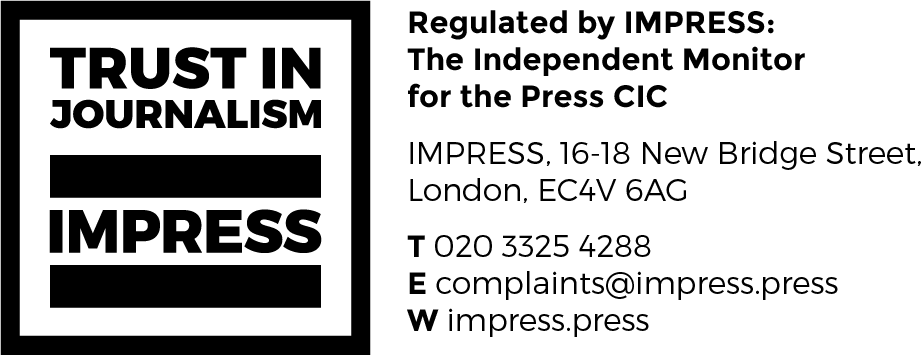I am titanium

Securing supplies of titanium proved problematic after the Russian invasion of Ukraine.
“You shout it out, but I can’t hear a word you say. I’m talking loud, not saying much.”
David Guetta’s 2011 Titanium is one of those songs that gets stuck in your head. (Apologies if this has now happened). Aircraft and engine manufacturers have also been obsessed with titanium since the illegal Russian invasion of Ukraine.
Before February 2022, aircraft manufacturers would regularly meet with Russia’s VSMPO-Avisma – a state-owned metals company – to buy titanium. Now they will not even answer its calls.
Titanium alloys are an aircraft and aircraft engine designer’s dream – featuring high-tensile strength-to-density ratio, corrosion resistance, crack resistance and their ability to withstand high temperatures. Kings Research values the current market at $4.14bn – it estimates it will reach $7.01bn by 2030. About 30% of all titanium sponge (the first stage in titanium processing) ends up in aviation.
Russia’s VSMPO supplied a quarter of all the world’s titanium on its own. It was the biggest single titanium supplier to both Airbus and Boeing. But aircraft manufacturers have successfully managed to cut this reliance remarkably quickly.
Outside Russia, leading suppliers of titanium ores are Australia, Canada, China, Kazakhstan and Mozambique. Norge Mining, an Anglo-Norwegian company, has recently announced a significant new titanium discover in Norway.
“Boeing has been pretty successful at continuing to source precious metals for our production needs, due to its diversified supply chain,” Alex Fecteau, director of Marketing, BBJ told CJI. “Our inventory and diversity of titanium sources provide sufficient supply for airplane production, and we continue to take steps to ensure long-term continuity.” Boeing buys most of its titanium from the US.
Outside Russia, leading suppliers of titanium ores are Australia, Canada, China, Kazakhstan and Mozambique. Norge Mining, an Anglo-Norwegian company, has recently announced a significant new titanium discover in Norway.
Honda Aircraft Company says the scarcity of less precious commodities was more pressing, according to Amod Kelkar, chief commercial officer and vice president Customer Service. For example, sourcing polyurethane foam and carbon fibres was proving difficult. “Supply chain challenges are not something we face directly but indirectly through our suppliers,” Kelkar told us.
Embraer Executive Jets has seen the same. “The supply chains are challenged but we do a really good job of making stock available,” Michael Amalfitano, president and CEO told us. “You move products around and we moved titanium, so it [shortages] is not impacting anything seen at this time. There will be stresses in the system – but it’s more a question of logistics.”
The US sanctioned VSMPO in September 2022. But by then, manufacturers had already largely stopped buying.
Didier Kayat, CEO of turboprop manufacturer Daher, agrees: “We had an issue with titanium. But there is no issue with titanium anymore.”
As aircraft purchasing managers can sing: “You shoot me down, but I won’t fall. I found titanium.”
Subscribe to our free newsletter
For more opinions from Corporate Jet Investor, subscribe to our One Minute Week newsletter.








